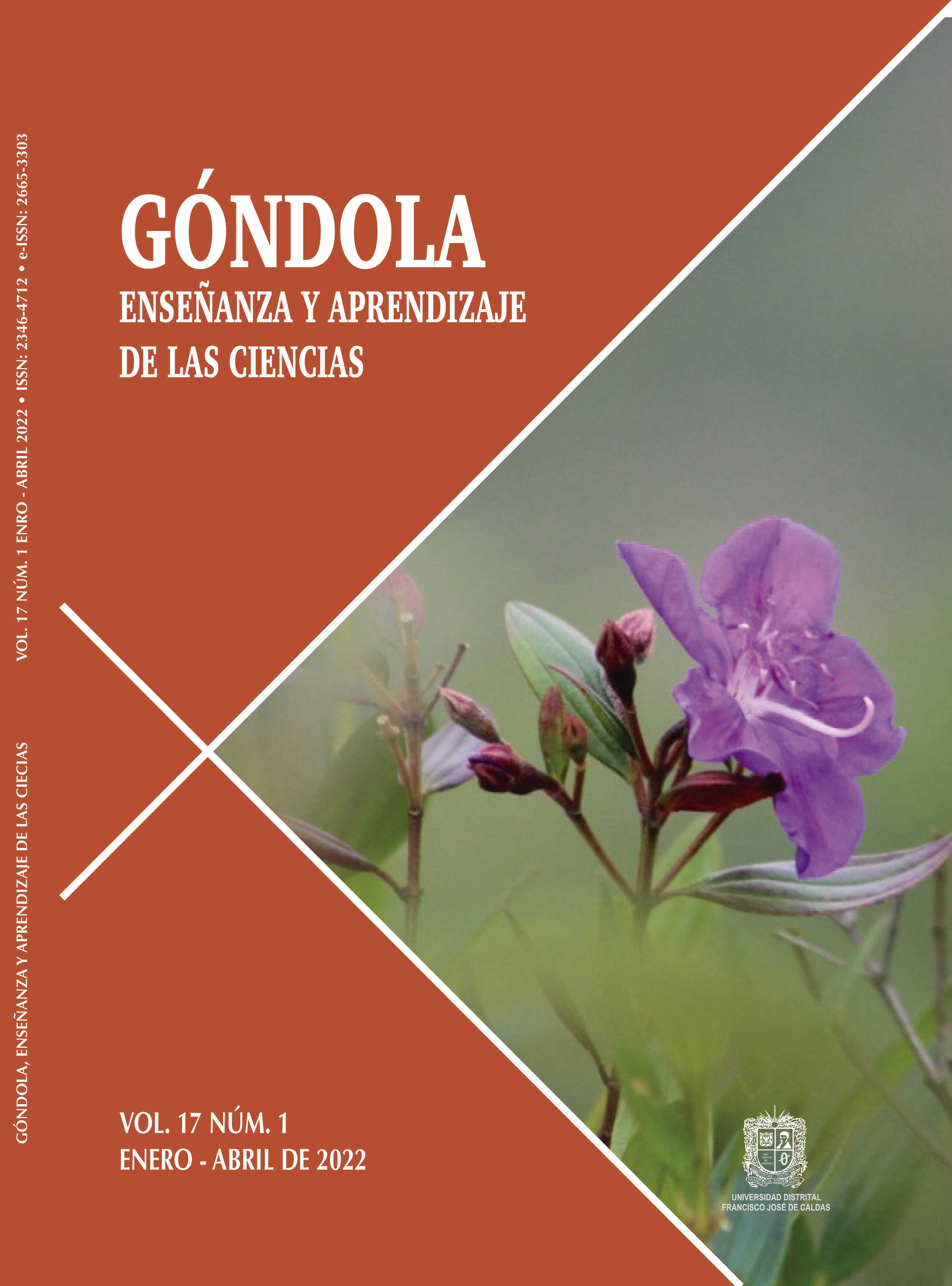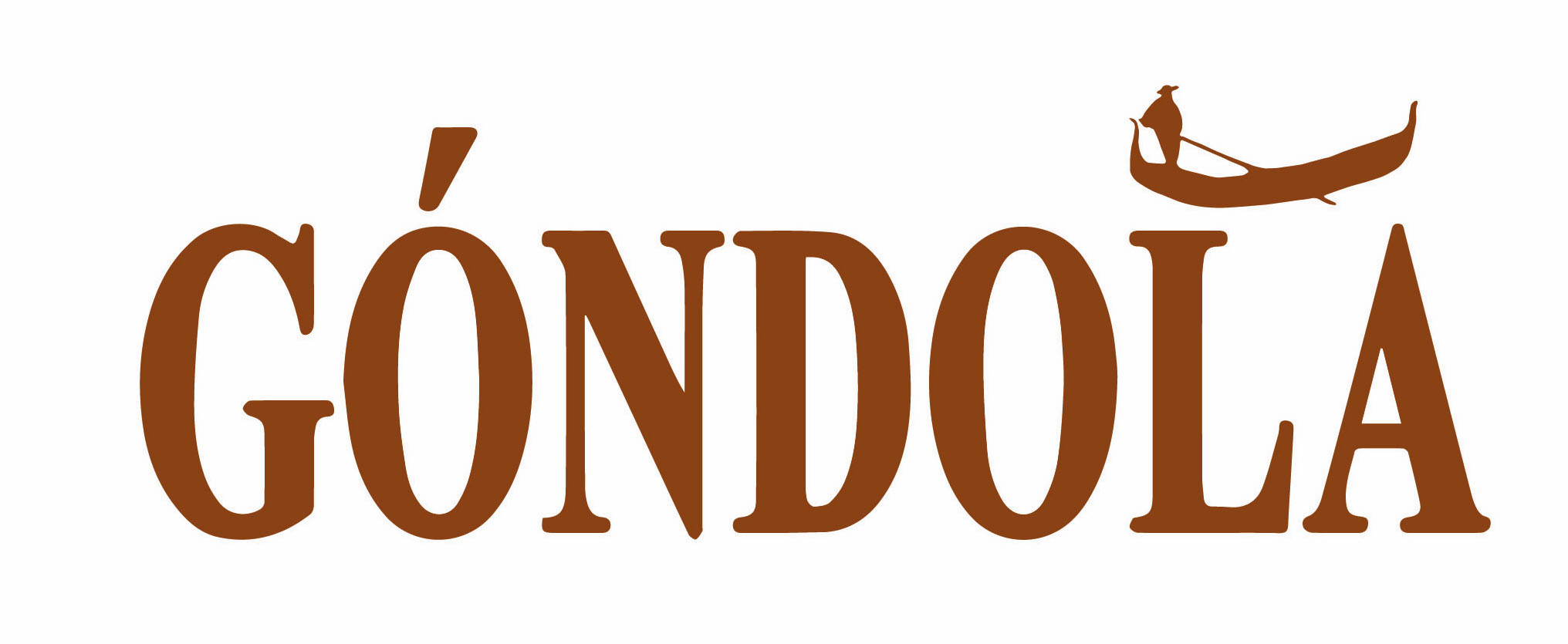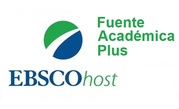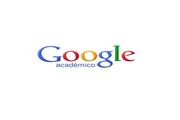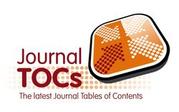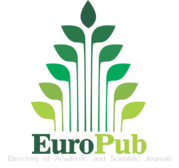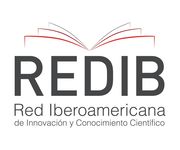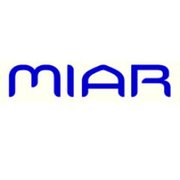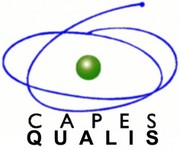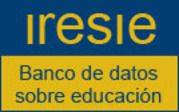DOI:
https://doi.org/10.14483/23464712.17097Published:
2022-03-21Steam en Educación Primara ¿Es posible?
STEAM IN PRIMARY EDUCATION, IT IS POSSIBLE?
STEAM NO ENSINO PRIMÁRIO, É POSSÍVEL?
Keywords:
Método educativo, Ensino básico, Ciências da natureza, Educação artística, Matemática (pt).Keywords:
Educational method, Primary Education, Natural Sciences, Art education, Mathematics (en).Keywords:
Enseñanza Primaria, metodología educativa, Ciencias Naturales, Educación Artística, Matemáticas (es).Downloads
Abstract (es)
En los últimos años, están surgiendo nuevas técnicas, propuestas educativas y metodologías que son aplicadas en las aulas de enseñanza. Pero, son pocas las ocasiones en las que se reflexiona sobre si existe o no el marco curricular apropiado para poder aplicar estas iniciativas educativas. En el presente trabajo, se somete a estudio de la acción educativa STEAM, desde el punto de vista curricular, tomando como base de estudio el sistema educativo español, mas concretamente la etapa de Educación Primaria, con el objetivo de comprobar si es o no viable el desarrollo de esta enseñanza STEAM dentro del sistema educativo español. Esta comparación entre STEAM y el currículo de primaria, ha dado como resultados que existen tres áreas de conocimiento que concuerdan con la educación STEAM, que son Matemáticas, Ciencias de la Naturaleza y Educación Artística, así como diferentes aspectos curriculares que avalan el empelo del enfoque STEAM. Por tanto, el sistema educativo deberá apostar por aquellas tendencias educativas integradas, donde diferentes áreas de conocimiento se unen y para desarrollar una enseñanza y aprendizaje mas amplio.
Abstract (en)
In recent years, new techniques, educational proposals, and methodologies have been emerged applied in teaching classrooms. But there are few occasions reflecting on whether or not exists an appropriate curricular framework to apply for these educational initiatives. In the present work, the STEAM education is subjected to study, from the curricular point of view, taking as a basis of study the Spanish educational system, more specifically the stage of Primary Education, to verify whether or not the development of this STEAM teaching within the Spanish educational system. This comparison between STEAM and the elementary curriculum has given as results that three areas of knowledge agree with STEAM education, being them Mathematics, Natural Sciences, and Art Education, as well as different curricular aspects that support the use of STEAM teaching. Therefore, the educational system must bet on those integrated educational trends, where various knowledge areas come together and develop broader teaching and learning.
Abstract (pt)
Nos últimos anos, novas técnicas, propostas e metodologias educacionais têm surgido e tem sido aplicada no ensino em sala de aula. Porém, são poucas as ocasiões em que se reflete sobre a existência ou não de uma estrutura curricular adequada para a aplicação dessas iniciativas educacionais. No presente trabalho, a educação STEAM é submetida ao estudo, do ponto de vista curricular, tomando como base de estudo o sistema educacional espanhol, mais especificamente o estágio do Ensino Fundamental, com o objetivo de verificar o desenvolvimento deste ensino STEAM no sistema educacional espanhol. Esta comparação entre o STEAM e o currículo básico deu como resultados que existem três áreas de conhecimento que concordam com a educação STEAM, que são Matemática, Ciências Naturais e Educação Artística, bem como diferentes aspectos curriculares que suportam a utilização do Ensino STEAM. Portanto, o sistema educacional deve apostar nessas tendências educacionais integradas, onde diferentes áreas do conhecimento se reúnem e desenvolvam um ensino e aprendizagem mais amplo.
References
ARAGÓN. L.; et al. ¿Progresan las concepciones sobre la ciencia de futuros maestros/as tras la implementación de propuestas constructivistas para la alfabetización científica? Góndola, enseñanza y aprendizaje de las ciencias, v. 16, n. 1, 78-95. 2021. https://doi.org/10.14483/23464712.15589
https://doi.org/10.14483/23464712.15589
AKERSON, V.; et al. Disentangling the Meaning of STEM: Implications for Science Education and Science Teacher Education, Journal of Science Teacher Education, v. 29, n. 1, 1-8 2018. https://doi.org/10.1080/1046560X.2018.1435063
https://doi.org/10.1080/1046560X.2018.1435063
ARABIT-GARCÍA, J.; PRENDES-ESPINOSA, M.P. Metodologías y Tecnologías para enseñar STEM en Educación Primaria: análisis de necesidades. Pixel-Bit. Revista de Medios y Educación, v. 57, 107-128. 2020. https://doi.org/10.12795/pixelbit.2020.i57.04
https://doi.org/10.12795/pixelbit.2020.i57.04
BARRERA, N. Uso de la robótica educativa como estrategia didáctica en el aula. Praxis y Saber, v. 6 n. 11. 2015. https://revistas.uptc.edu.co/index.php/praxis_saber/article/view/3582
https://doi.org/10.19053/22160159.3582
BOE. Ley Orgánica 8/2013, de 9 de diciembre para la mejora de la calidad educativa. Boletín Oficial del Estado, 295, 97858-97921. 2013
BOE. Real Decreto 126/2014, de 28 de febrero, por el que se establece el currículo básico de la Educación Primaria. España. Boletín Oficial del Estado, 51, 33054-33556. 2014
CHARRO, E.; MARTÍN, L. El papel de la robótica educativa en la adquisición de la competencia STEM (science-technology-engineering-mathematics). Revista Atlante: Cuadernos de Educación y Desarrollo. 2018. www.eumed.net/2/rev/atlante/2018/02/robotica-educativa-stem.html
CILLERUELO, L.; ZUBIAGA, A. Una aproximación a la educación STEAM. Prácticas educativas en la encrucijada arte, ciencia y tecnología. Investigar en psicodidáctica: una realidad en auge.. Bilbao: Universidad del País Vasco. 2014. pp. 22-38
DOUGHERTY, D. The Maker Mindset. En M. Honey y D.E. Kanter (Ed.) Design, make, play: Growing the next generation of STEM innovators. London: Routledge. 2013. pp. 7-11.
ESTEVE, J.M. La tercera Revolución Educativa. La Educación en la Sociedad del Conocimiento. Barcelona: Paidós. 2003
FERNÁNDEZ, A. Metodologías activas para la formación de competencias. Educativo siglo XXI, v. 24. 35-56. 2016
GRECA, I.M. Planteamientos STEAM integrados: ¿un marco educativo viable para la educación obligatoria? 19° Foro Internacional de Enseñanza de Ciencias y Tecnologías. Buenos Aires. 2019
GRECA, I.M.; MENESES, J.A. Proyectos STEAM para la Educación Primaria. Fundamentos y aplicaciones prácticas. Madrid, España: Dextra. 2018
HEIL, D. R.; PEARSON, G.; BURGER, S.E. Understanding Integrated STEM Education: Report on a National Study. 2013 ASSEE Annual Conference & Exposition, Atlanta, Georgia. 2013
LIBOW, S.; STAGER, G. Invent To Learn: Making, Tinkering, and Engineering in the Classroom. Torrence, CA: Constructing Modern Knowledge Press. 2013
ORTIZ-REVILLA, J.; GRECA, I.M.; ARRIASSECQ, I. Construcción de un marco teórico para el enfoque STEAM en la Educación Primaria. En C. Martínez Losada y S. García Barros (Eds.), 28 Encuentros de Didáctica de las Ciencias Experimentales. Iluminando el cambio educativo. A Coruña, España: Universidade da Coruña. 2018. pp. 823-828 https://doi.org/10.17979/ spudc.9788497496896
PASTOR, A. Análisis de la metodología STEM a través de la percepción docente. Universidad de Valladolid. España. 2017
PÉREZ, J. STEM, STEAM… ¿pero eso qué es?. Didactalia. 2015. http://odite.ciberespiral.org/comunidad/ODITE/recurso/stem-steam-pero-eso-que-es/58713dbd-414c-40eb-9643-5dee56f191d3
PRO, A.; VALCÁRCEL, M.; SÁNCHEZ, G. Viabilidad de las propuestas didácticas planteadas en la formación inicial: opiniones, dificultades y necesidades de profesores principiantes. Enseñanza de las Ciencias, Barcelona, v. 23, n. 3. 357-378. 2005
https://doi.org/10.5565/rev/ensciencias.3828
QUIGLEY, C.F.; HERRO, D. "Finding the joy in the unknown": implementation of STEAM teaching practices in middle school science and math classrooms. Journal of Science Education and Technology, v. 25, n. 3. 410-426. 2016. doi:10.1007/s10956-016-9602-z
https://doi.org/10.1007/s10956-016-9602-z
RESNICK, M.; ROSENBAUM, E. Designing for tinkerability. En M. Honey y D.E. Kanter (Ed.). Design, make, play: Growing the next generation of STEM innovators. London: Routledge. 2013. pp.163-180.
RUÍZ, S. (2018). Didáctica de las ciencias desde la diversidad cultural y ambiental: aportes para un currículo contextualizado. Góndola, Enseñanza y Aprendizaje de las Ciencias, 13(2), pp. 291-305. 2018. http://doi.org/10.14483/23464712.12546
https://doi.org/10.14483/23464712.12546
RUIZ, F. Diseño de proyectos steam a partir del currículum actual de educación primaria utilizando aprendizaje basado en problemas, aprendizaje cooperativo, flipped classroom y robótica educativa. Tesis de doctorado, Facultad de Humanidades y Ciencias de la Comunicación, Departamento de Ciencias de la Educación. Universidad CEU Cardenal Herrera, Valencia, 2017. Disponible en http://hdl.handle.net/10637/8739
TOMA, R.B.; GRECA, I.M. Modelo interdisciplinar de educación STEM para la etapa de Educación Primaria, 3º Simposio Internacional de Enseñanza de las Ciencias, SIEC 2016.
VILLALBA, J. V.; ROBLES F. J. Del árbol al cuadro: Un proyecto didáctico STEAM para Educación Primaria. Educación, v. 30, n. 59, 275-293. https://doi.org/10.18800/educacion.202102.0142021
ZOLLMAN, A. Learning for STEM literacy: STEM literacy for learning. School Science and Mathematics, v. 112, n. 1. 12-19. 2012
How to Cite
APA
ACM
ACS
ABNT
Chicago
Harvard
IEEE
MLA
Turabian
Vancouver
Download Citation
License
Copyright (c) 2022 Autor y Góndola. Enseñanza y Aprendizaje de las Ciencias

This work is licensed under a Creative Commons Attribution-NonCommercial-NoDerivatives 4.0 International License.
Gondola, Ens Aprend Cienc. is an open-access publication, free of charge for authors and readers. The publication, consultation or download of the contents of the magazine does not generate any cost for the authors or the readers, since the Francisco José de Caldas District University assumes the expenses related to edition, management and publication. The peer evaluators do not receive any economic retribution for their valuable contribution. The work of all the actors mentioned above is understood as a contribution to the strengthening and growth of the research community in the field of Science Education.
As of December 1, 2018 the contents of the journal are published under the terms of the Creative Commons License Attribution-Noncommercial- ShareAlike 4.0 International (CC-BY-NC-SA 4.0), under which others may distribute, remix, retouch, and create from the work in a non-commercial way, give credit and license their new creations under the same conditions.
The copyright holders are the authors and the journal Gondola, Ens Aprend Cienc. The holders retain all rights without restrictions, respecting the terms of the license in terms of consultation, downloading and distribution of the material.
When the work or any of its elements is in the public domain according to the applicable law in force, this situation will not be affected by the license.
Likewise, we encourage authors to deposit their contributions in other institutional and thematic repositories, with the certainty that culture and knowledge is a good of all and for all.

